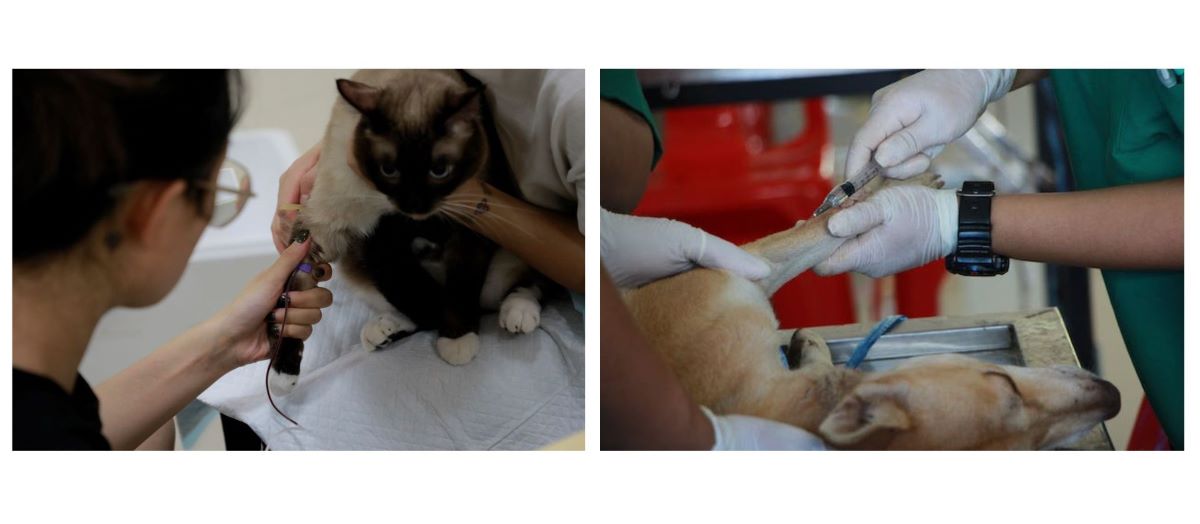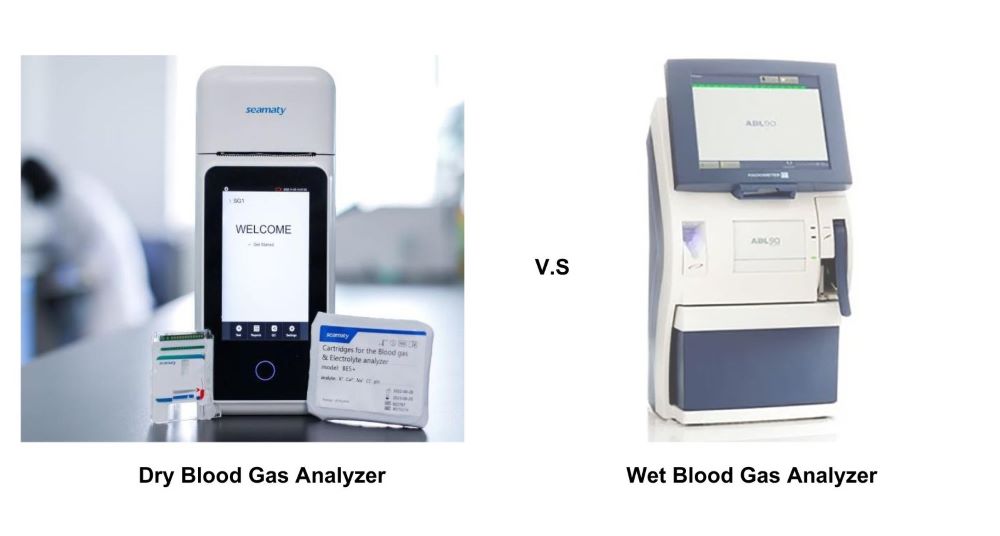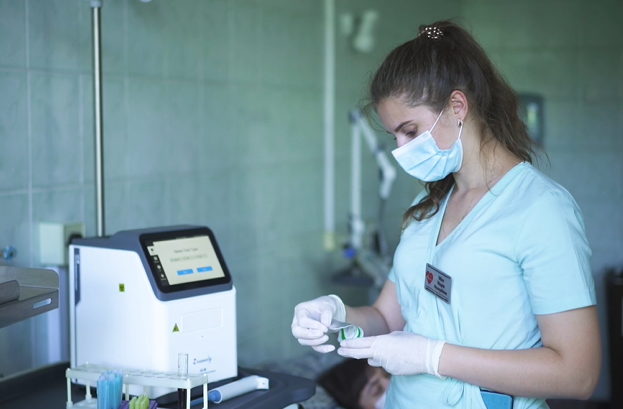release time:2024-09-23 10:04:17
Did you know? There are many hidden health secrets in your pet’s blood. Much like a miniature laboratory, blood contains various components that work together to maintain your pet’s bodily functions. By analyzing blood samples, veterinarians can gain a clearer understanding of your pet’s health and provide more specialized medical care. In this article, we'll dive into the types, significance, and applications of pet blood tests in different scenarios.

Simply put, a blood test involves collecting a small sample of blood and analyzing its various components to assess a pet’s health. Blood tests provide a wealth of information, including organ function, immune system status, metabolic levels, the number and shape of blood cells, chemical concentrations in the blood, and other critical indicators. With this data, veterinarians can determine if your pet has any health issues or potential diseases.
Pet blood tests differ from human tests in several ways. For pets, the focus is more on early detection of potential diseases, and the normal reference ranges can vary depending on species and age. Blood collection techniques are also more flexible and adapted to the needs of various animals. For example, micro-blood sampling is used for small animals like kittens, rabbits, or hamsters, requiring only minimal amounts of blood to reduce discomfort.
On the other hand, human blood tests are generally used for comprehensive health evaluations, disease diagnosis, and monitoring treatment effectiveness, often relying on highly automated equipment.
Veterinary clinics are typically equipped with automated biochemistry analyzers and blood cell analyzers specifically designed for pets. These devices quickly and accurately deliver results and can handle multiple tests simultaneously, greatly improving diagnostic efficiency.
For exotic pets such as birds or reptiles, specialized equipment is used to accommodate their unique physiological structures. Devices like the Seamaty Veterinary Biochemistry Analyzer 120VP, Veterinary Blood Gas Analyzer VG2, and the versatile MinilabVet offer precise testing of pet blood samples. These machines provide a wide range of test options, are compact and easy to use, and support micro-blood sampling, making them ideal for small pets like lizards or guinea pigs. The micro-blood sampling technology not only simplifies the process but also ensures the accuracy of the results.
In conclusion, blood tests are an essential tool for maintaining your pet’s health, offering insights into various health aspects and aiding in the early detection and treatment of potential issues.

2024-03-12
Uncover the pivotal differences in blood gas analyzers – wet vs. dry. Explore their pros and cons to determine which excels in your medical setting. Make informed choices for precise diagnostics with this comprehensive comparison.

2023-09-12
Discover the differences between dry chemistry and wet chemistry analyzers, their applications, and the innovative Seamaty SD1 dry chemistry analyzer. Explore precision and efficiency in chemical analysis today.

2023-07-13
Become a successful distributor of affordable clinical chemistry analyzers. Learn from real cases and unleash your potential with expert insights and high-quality products.